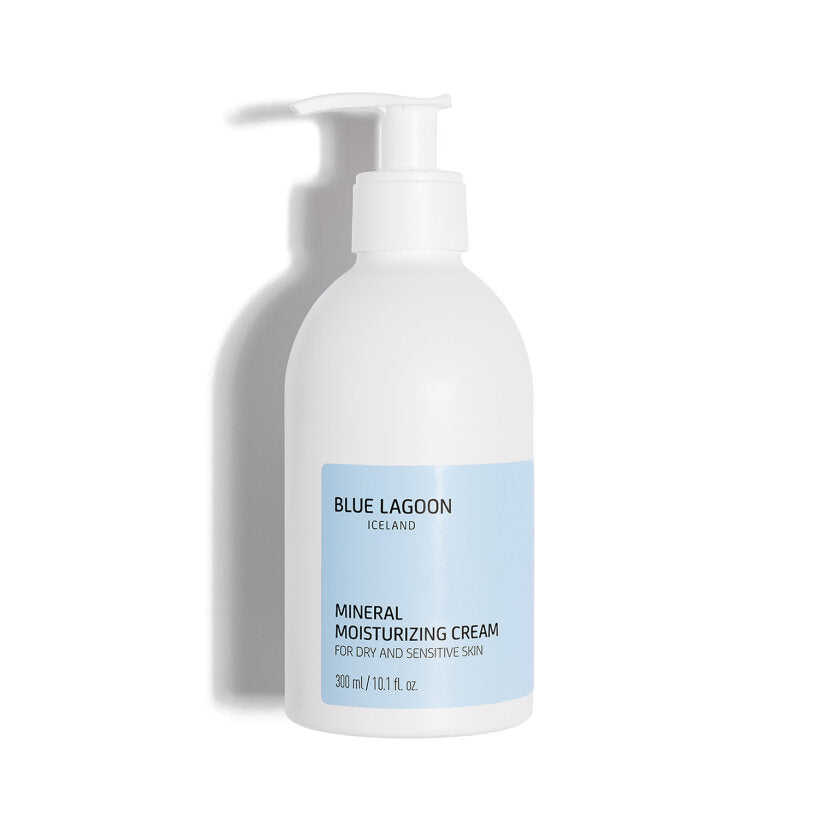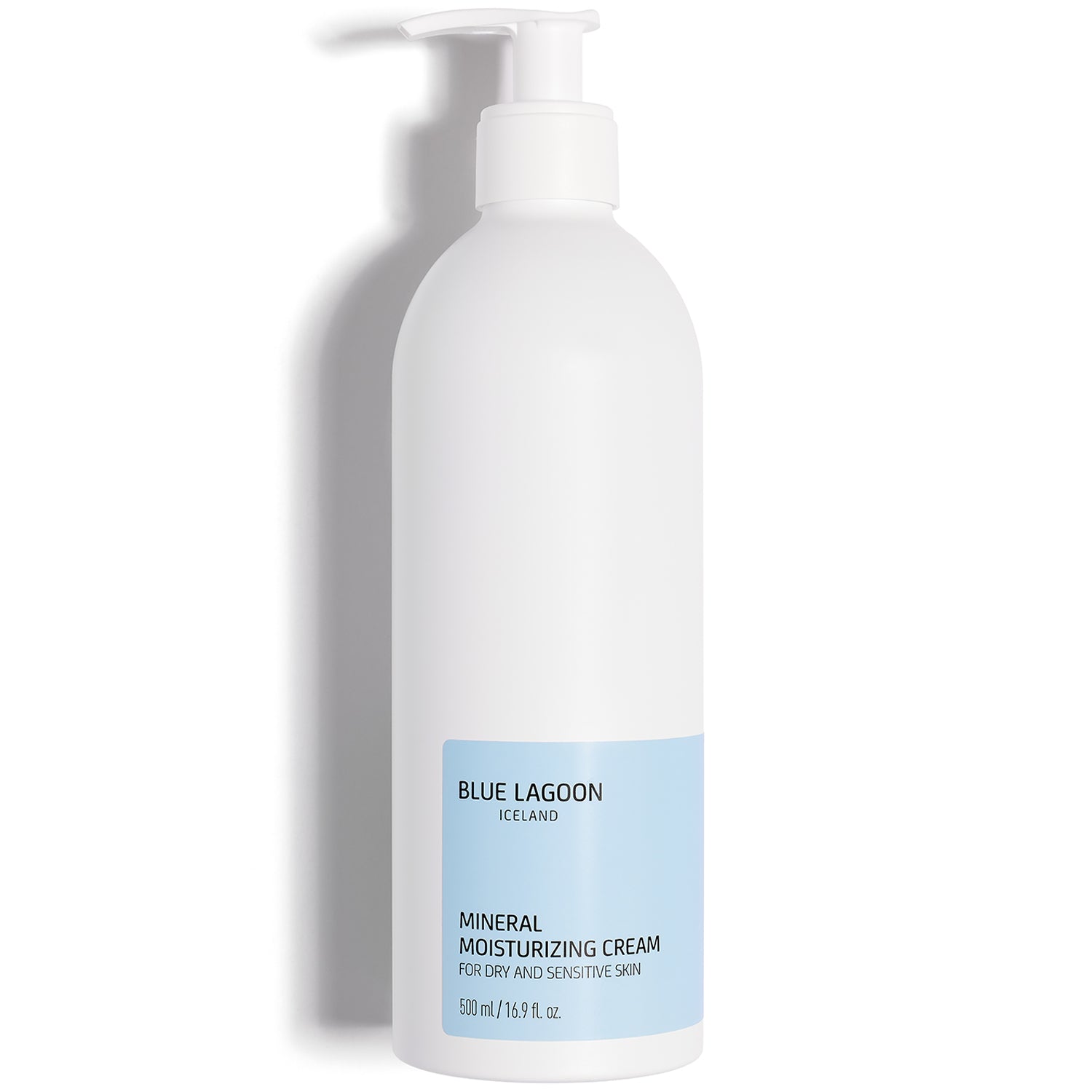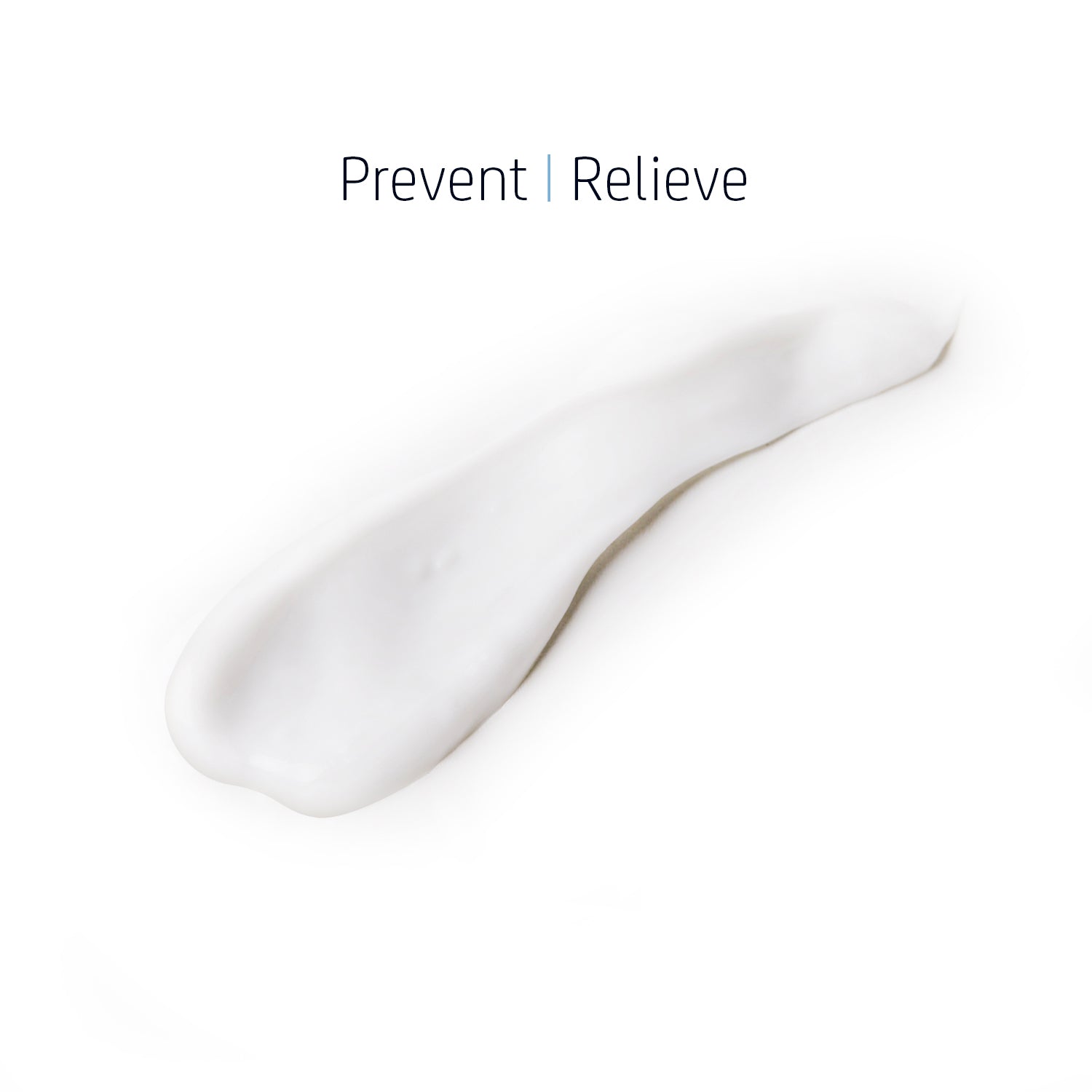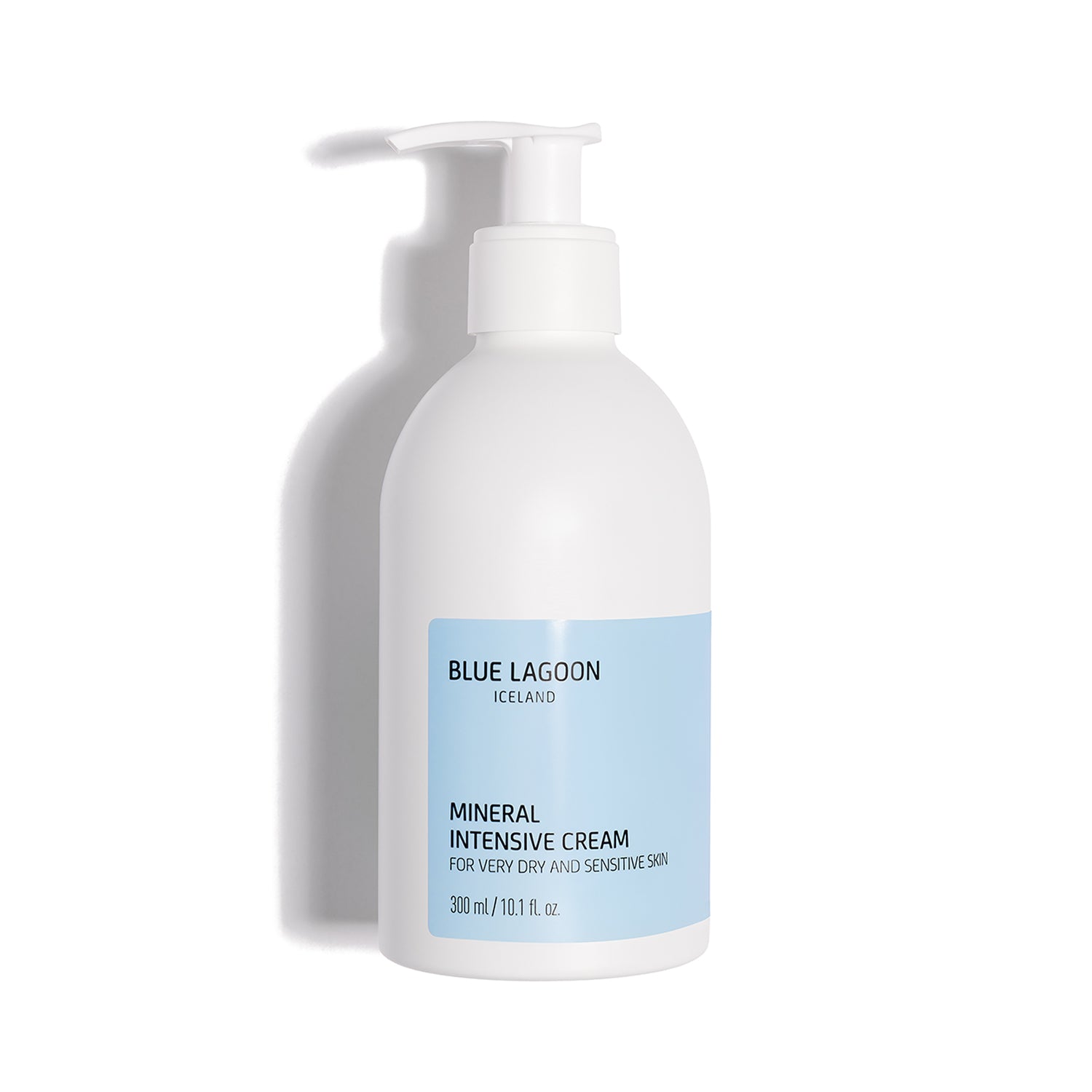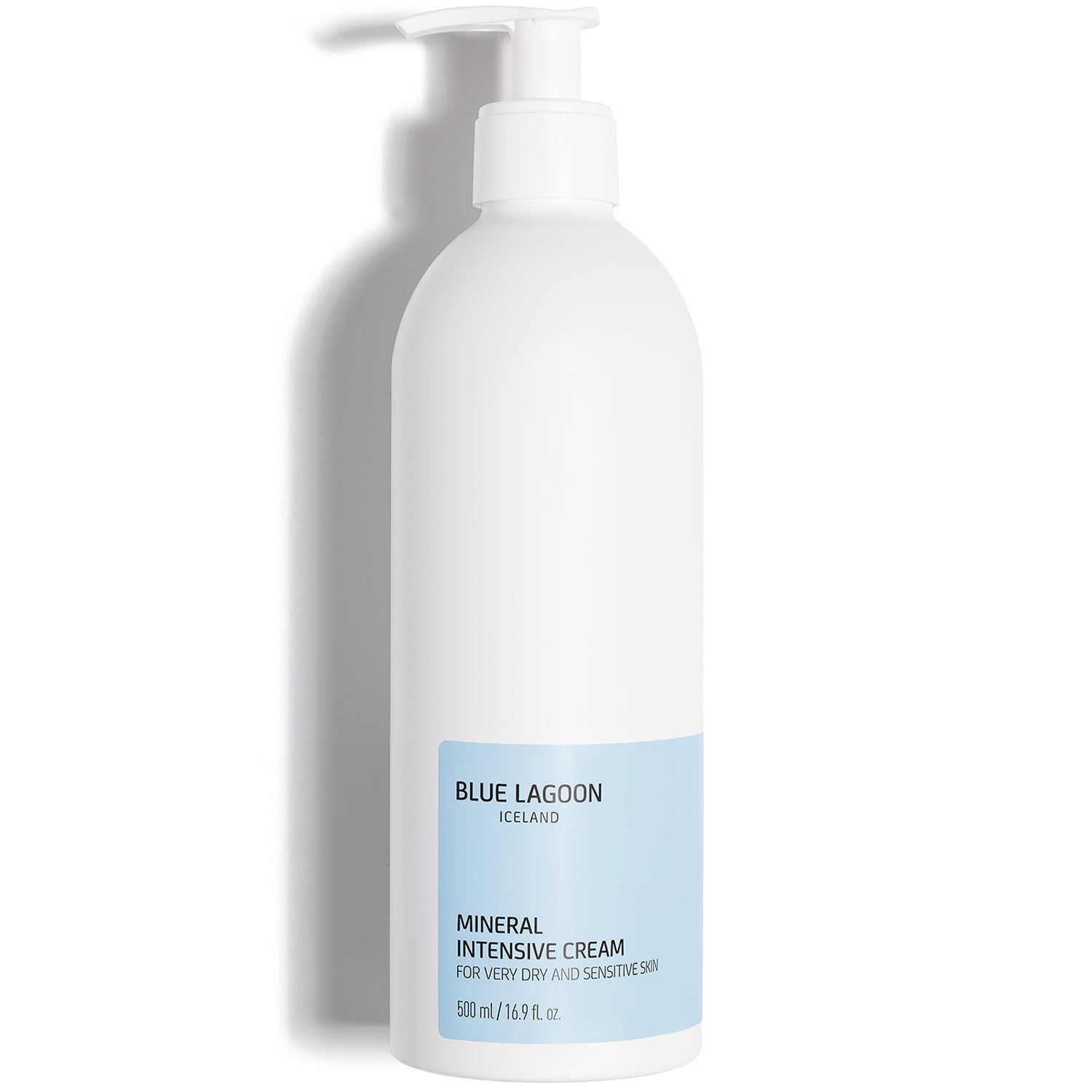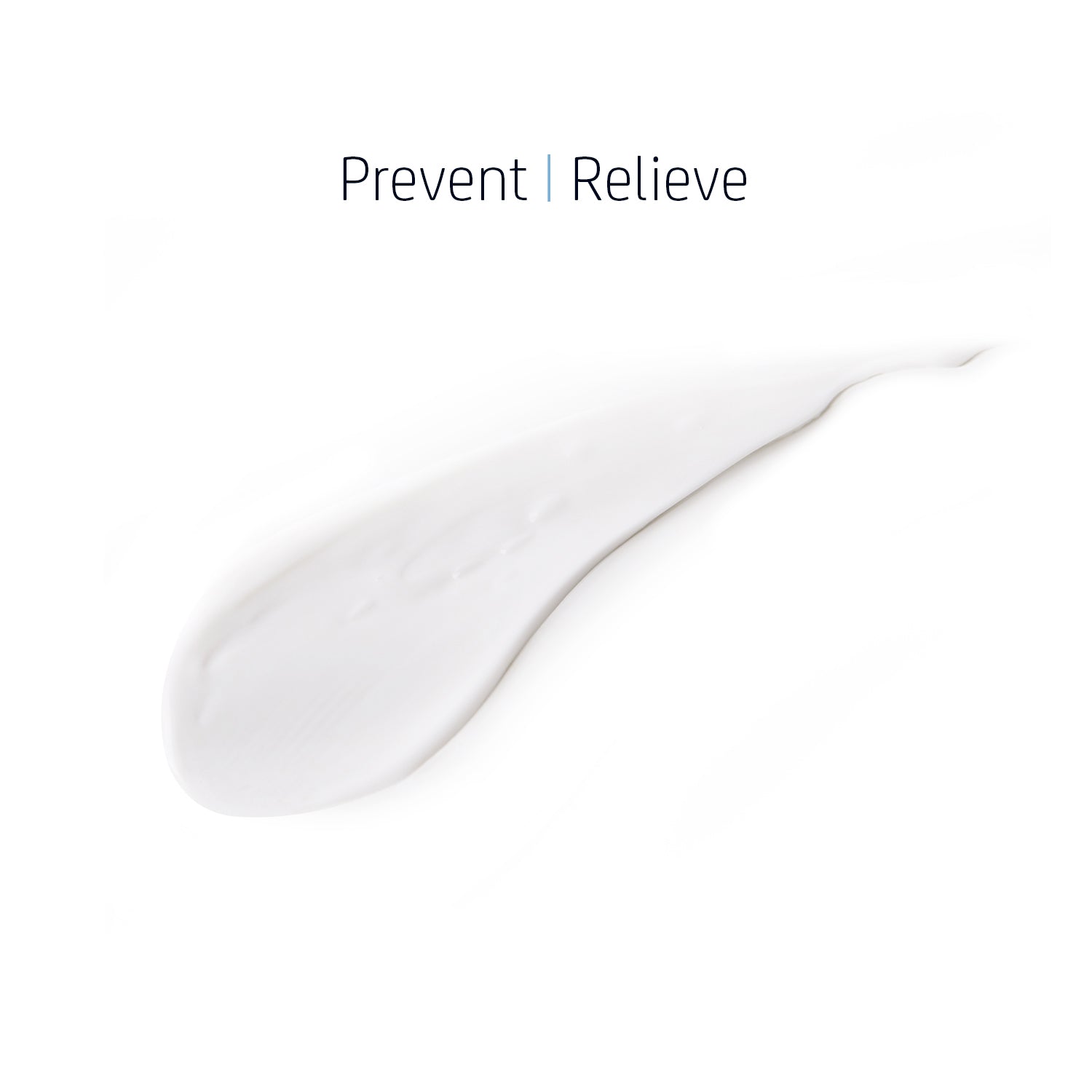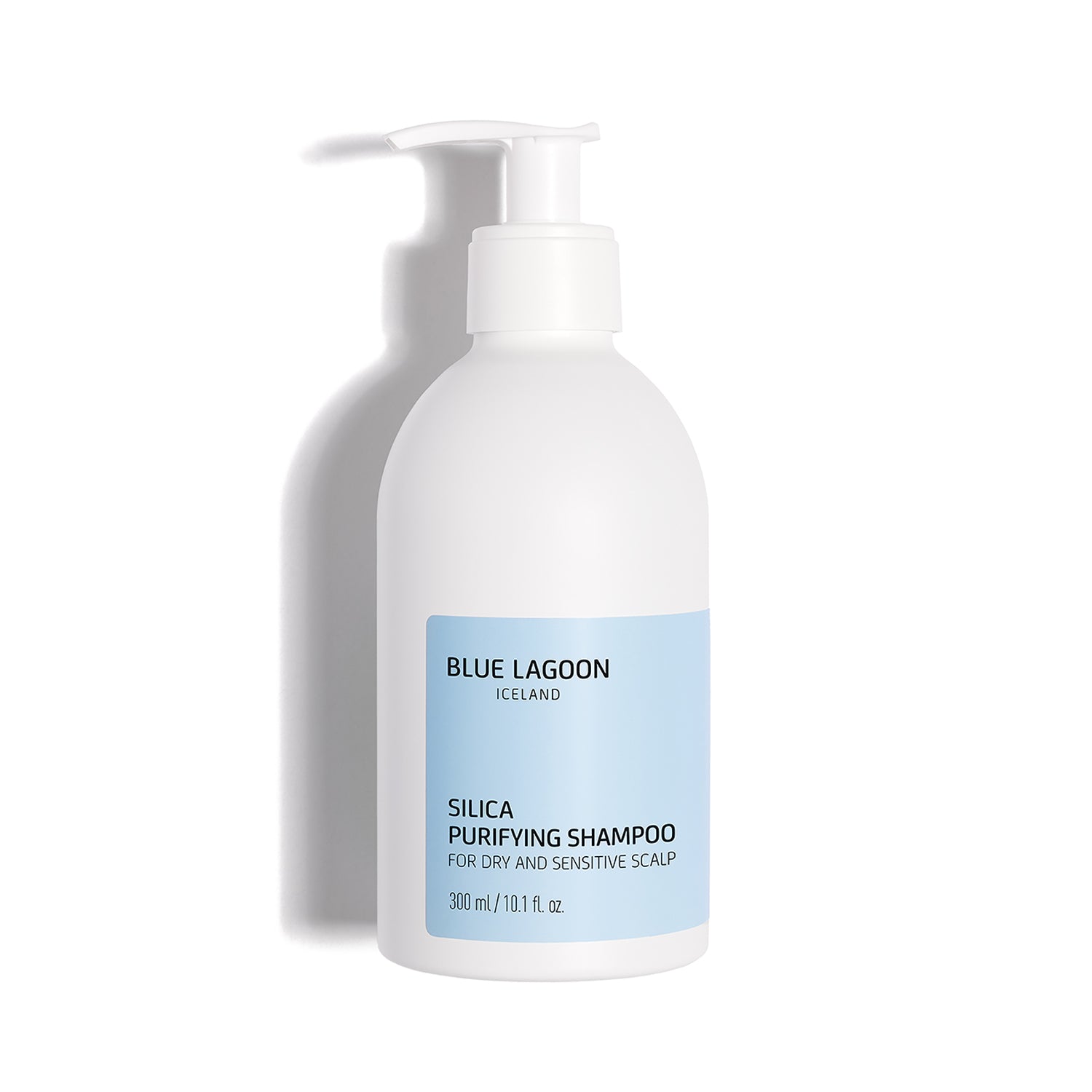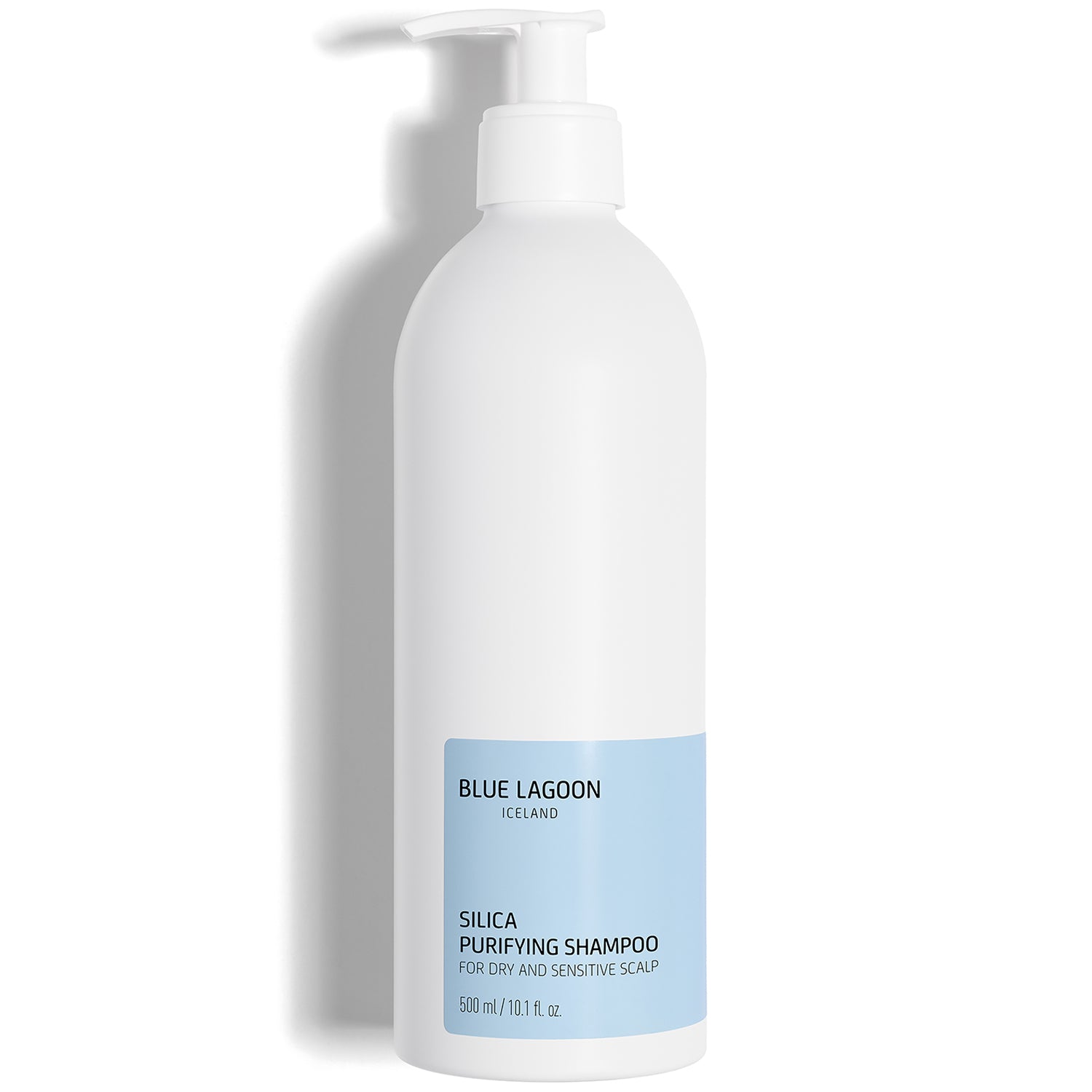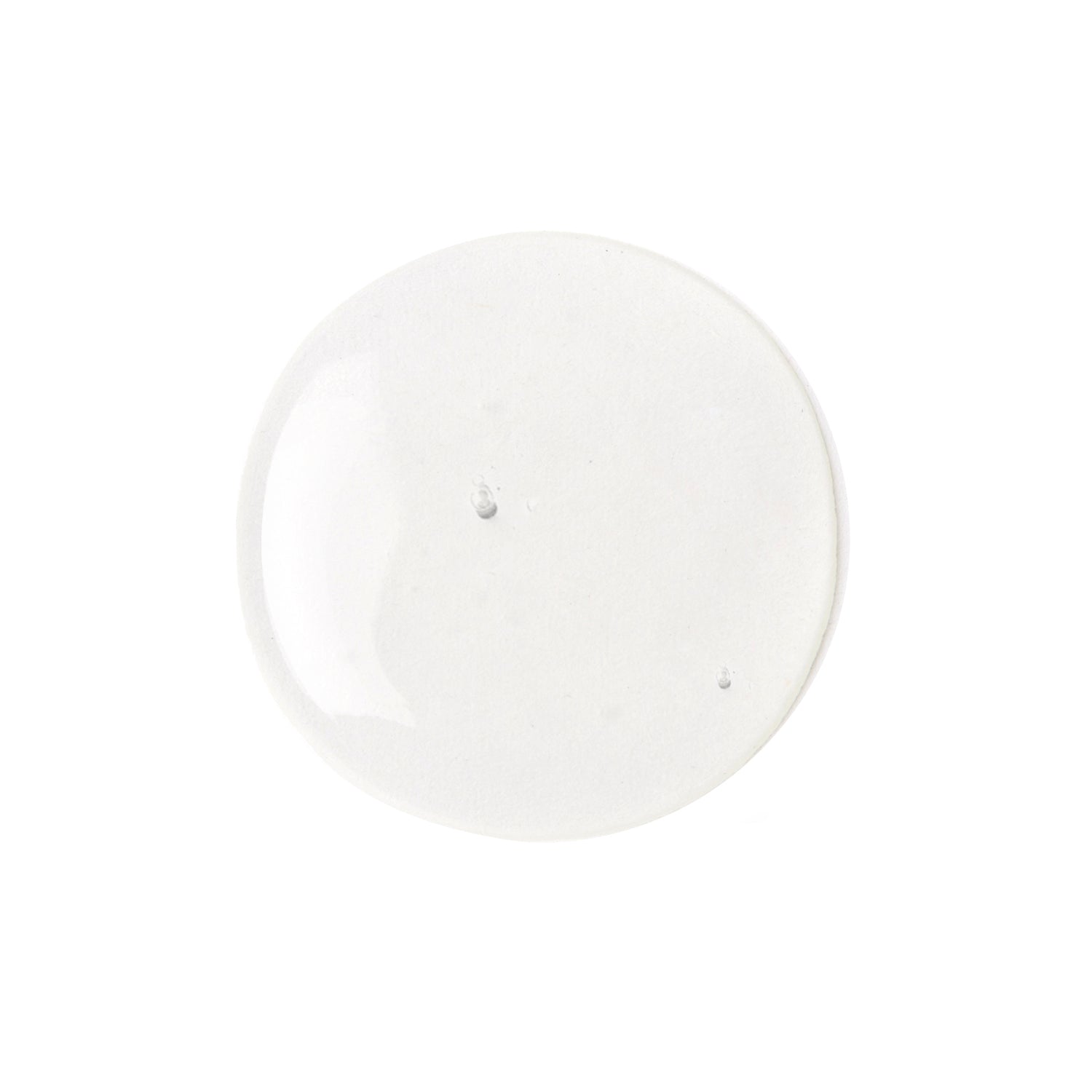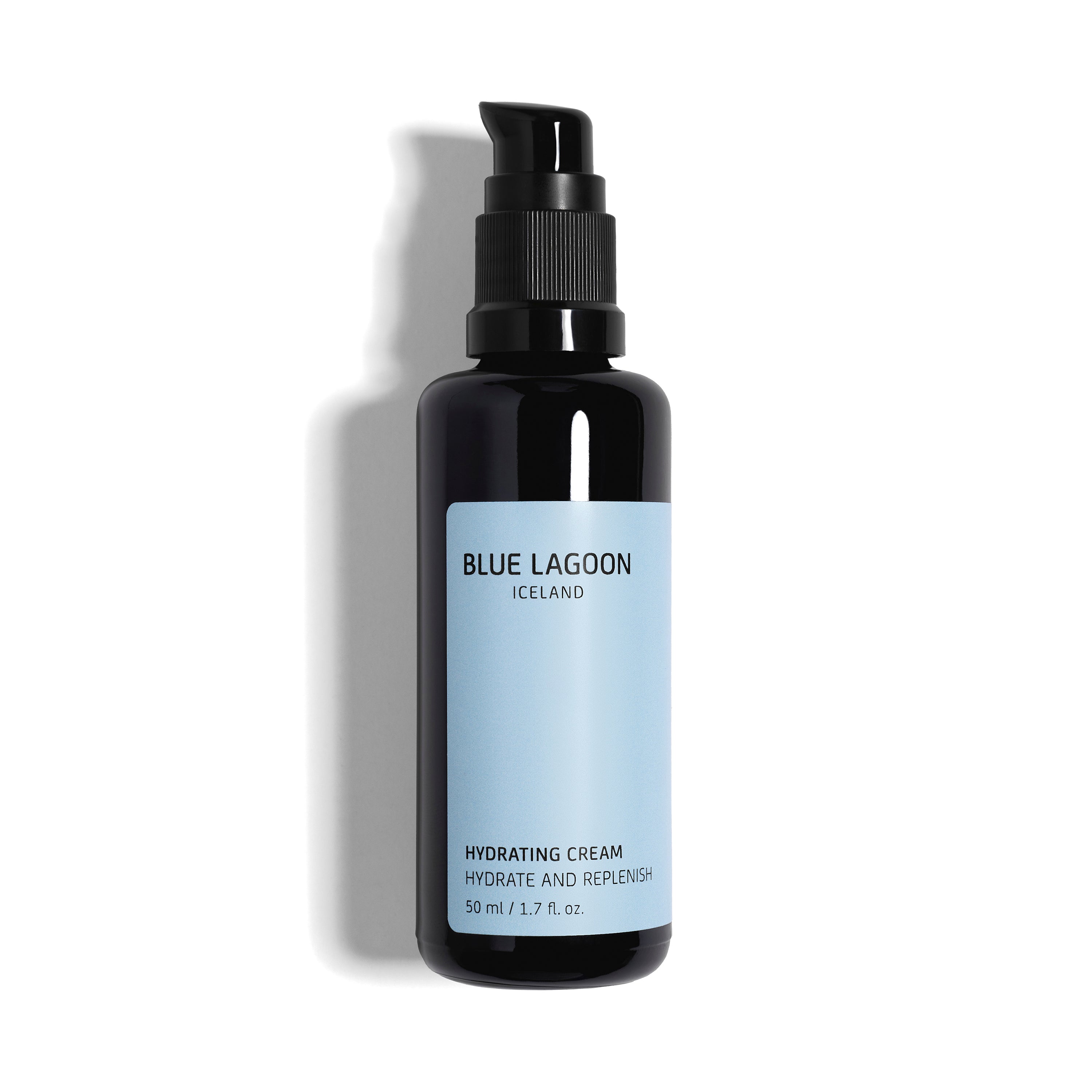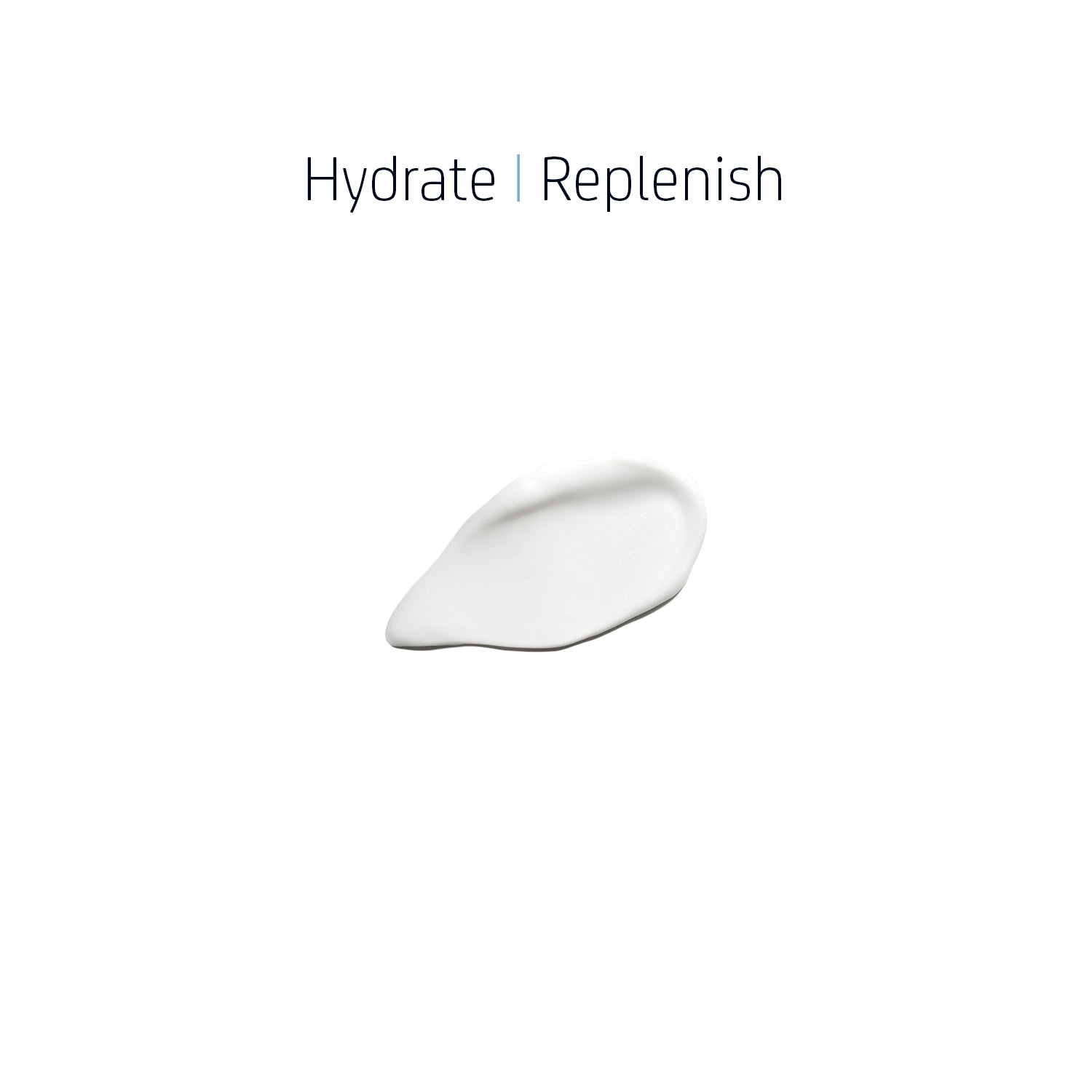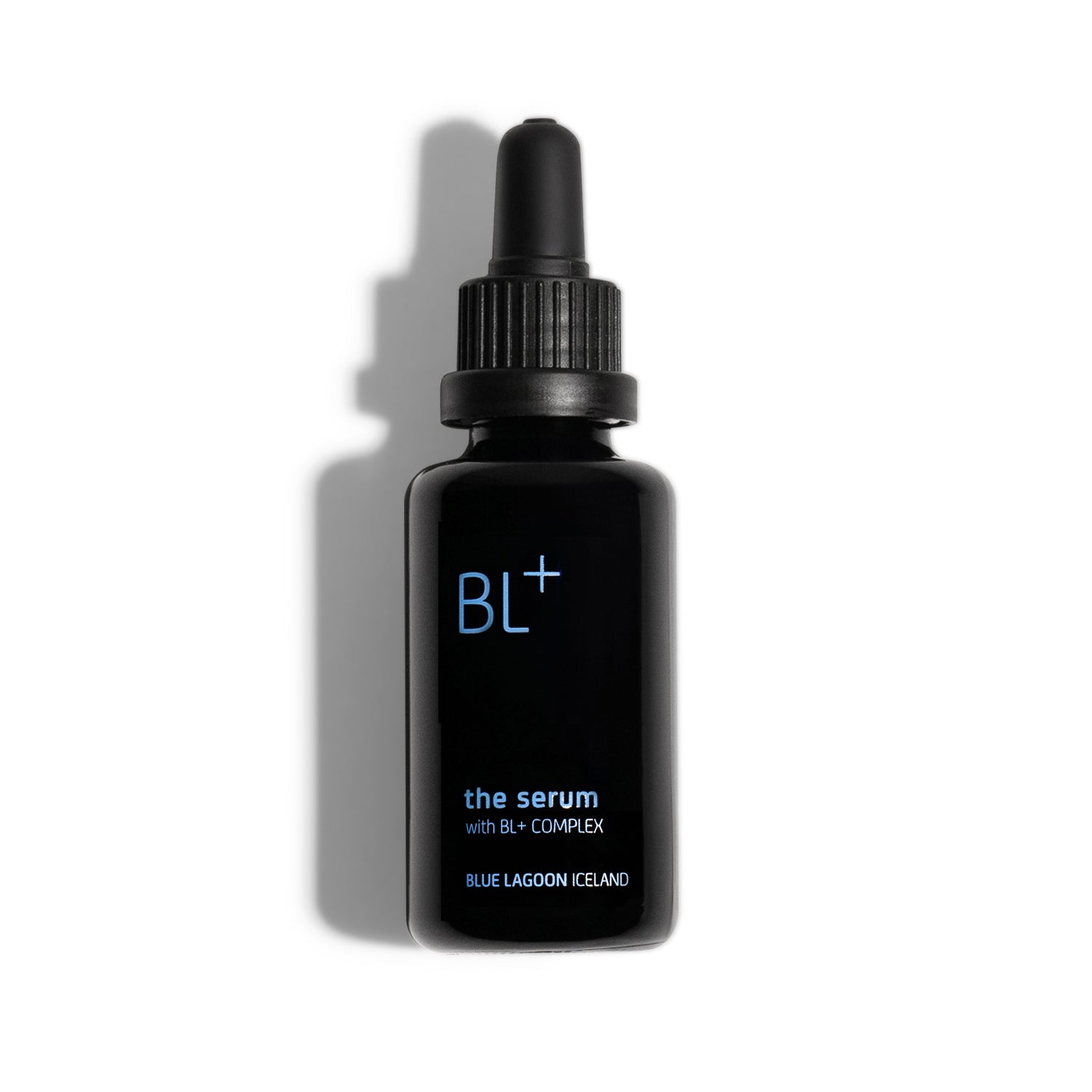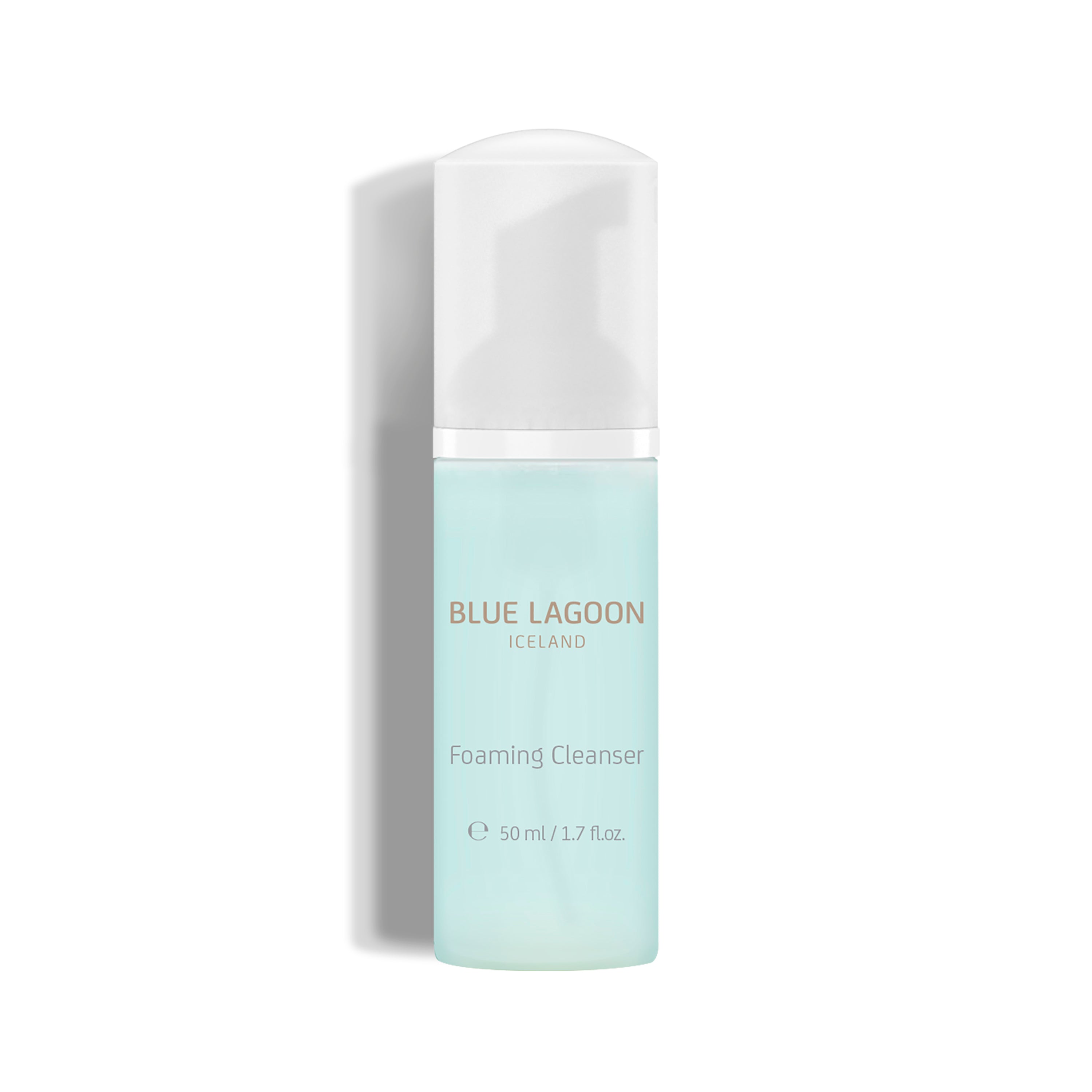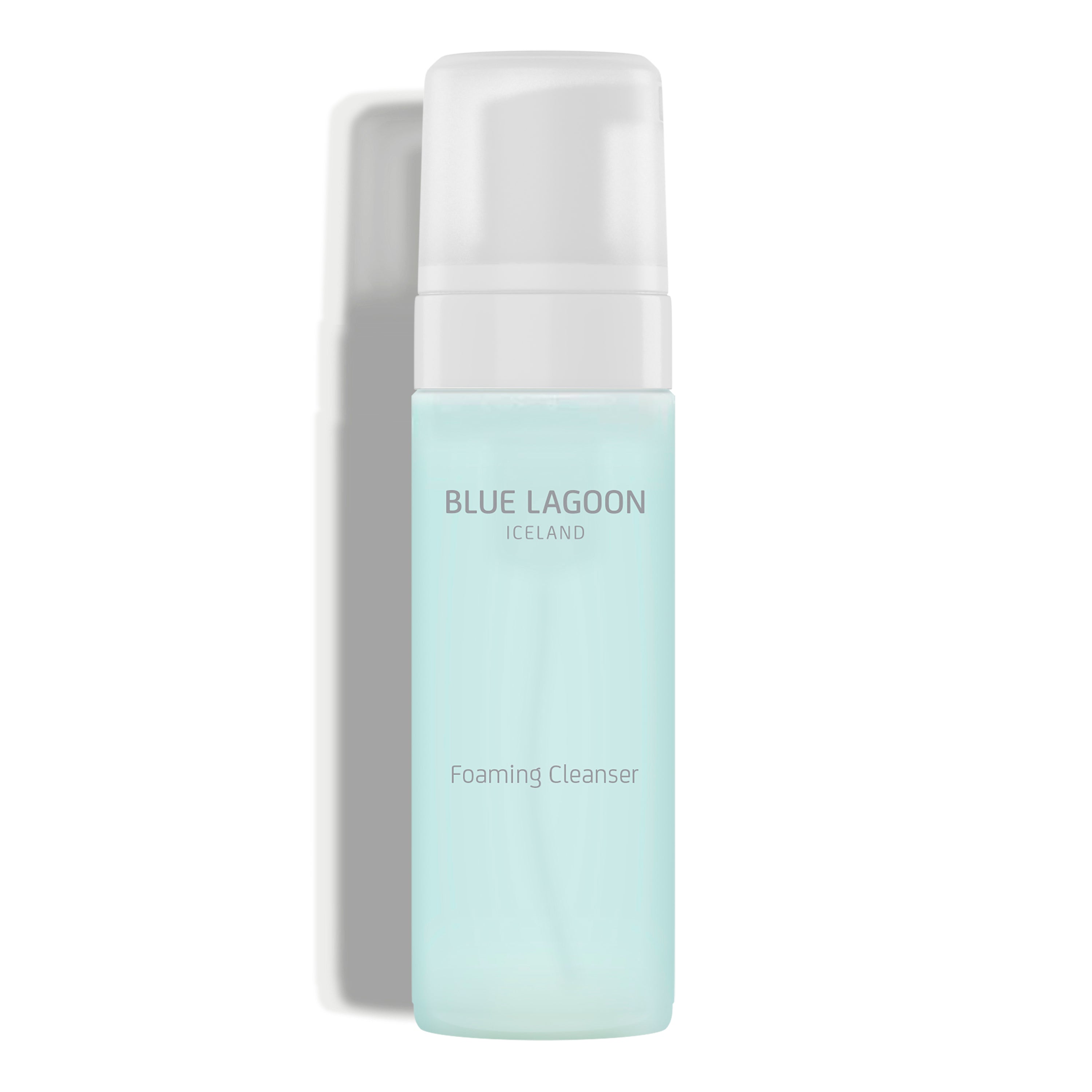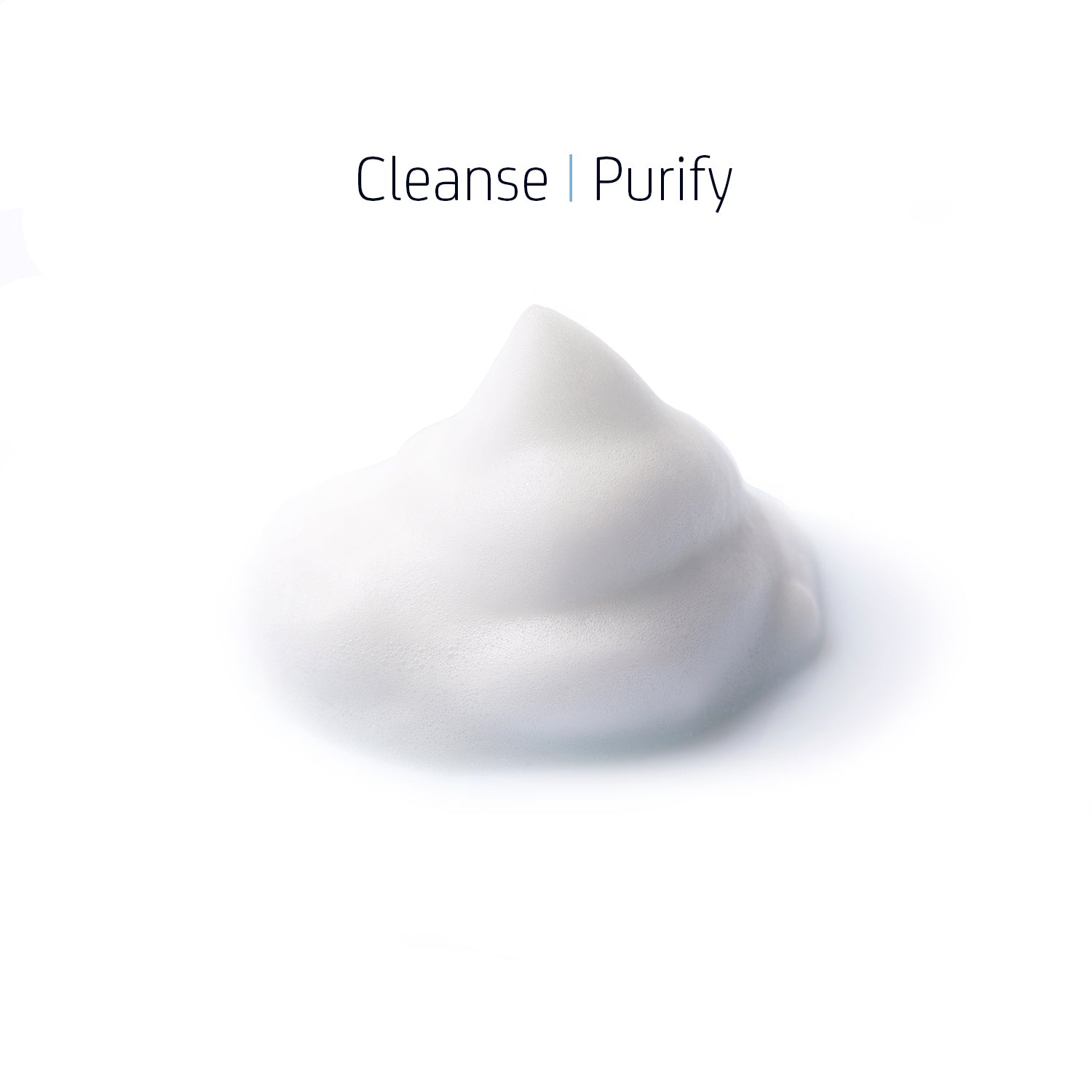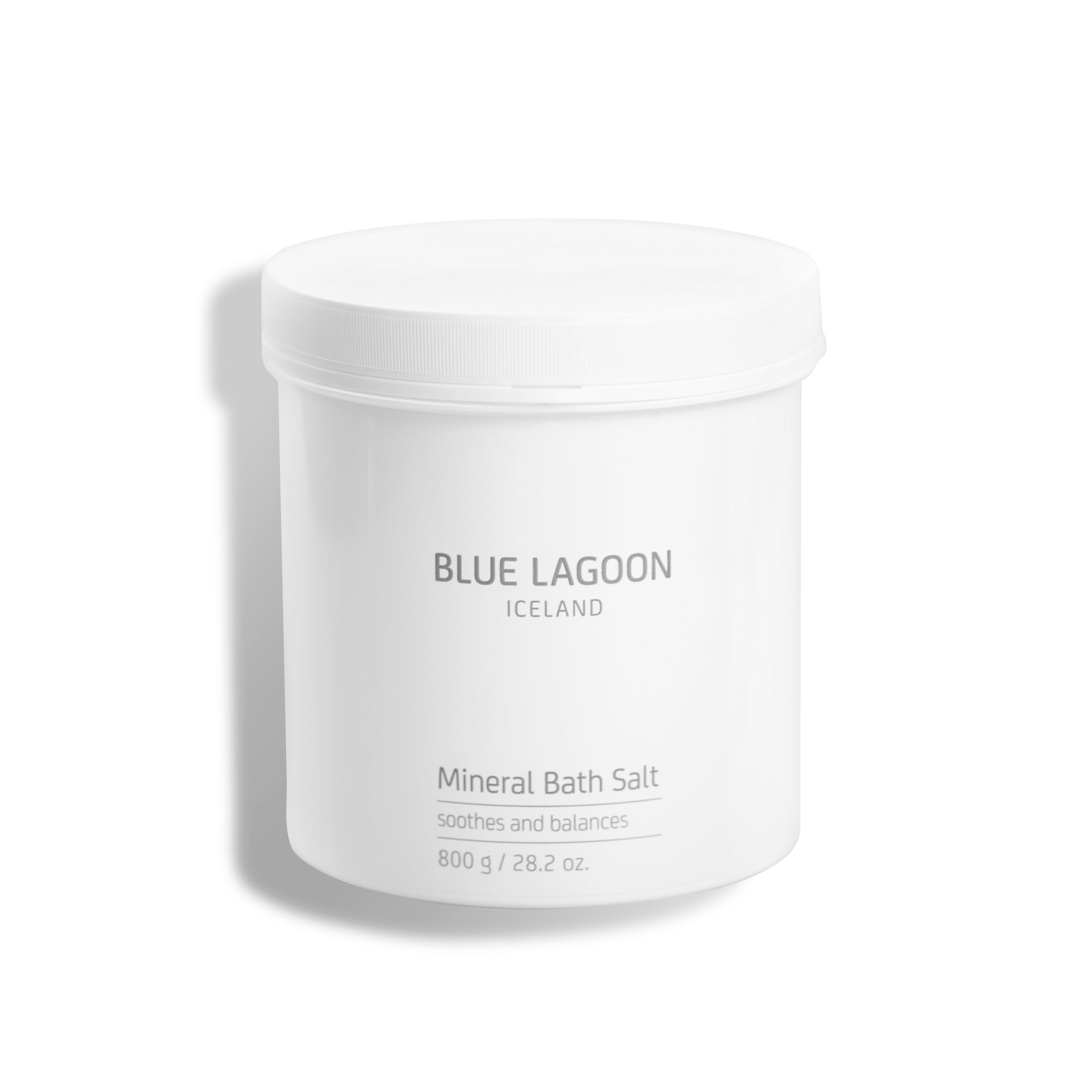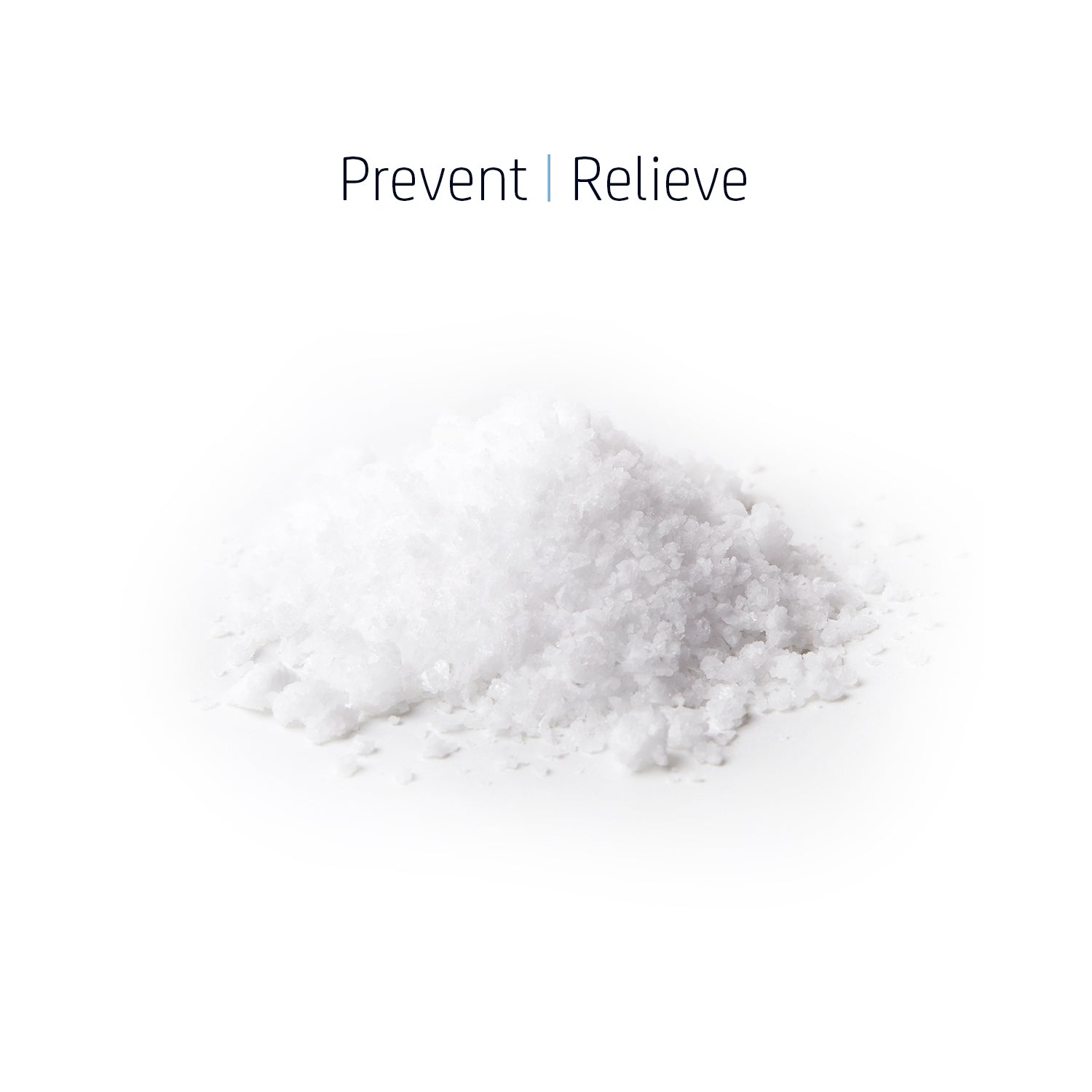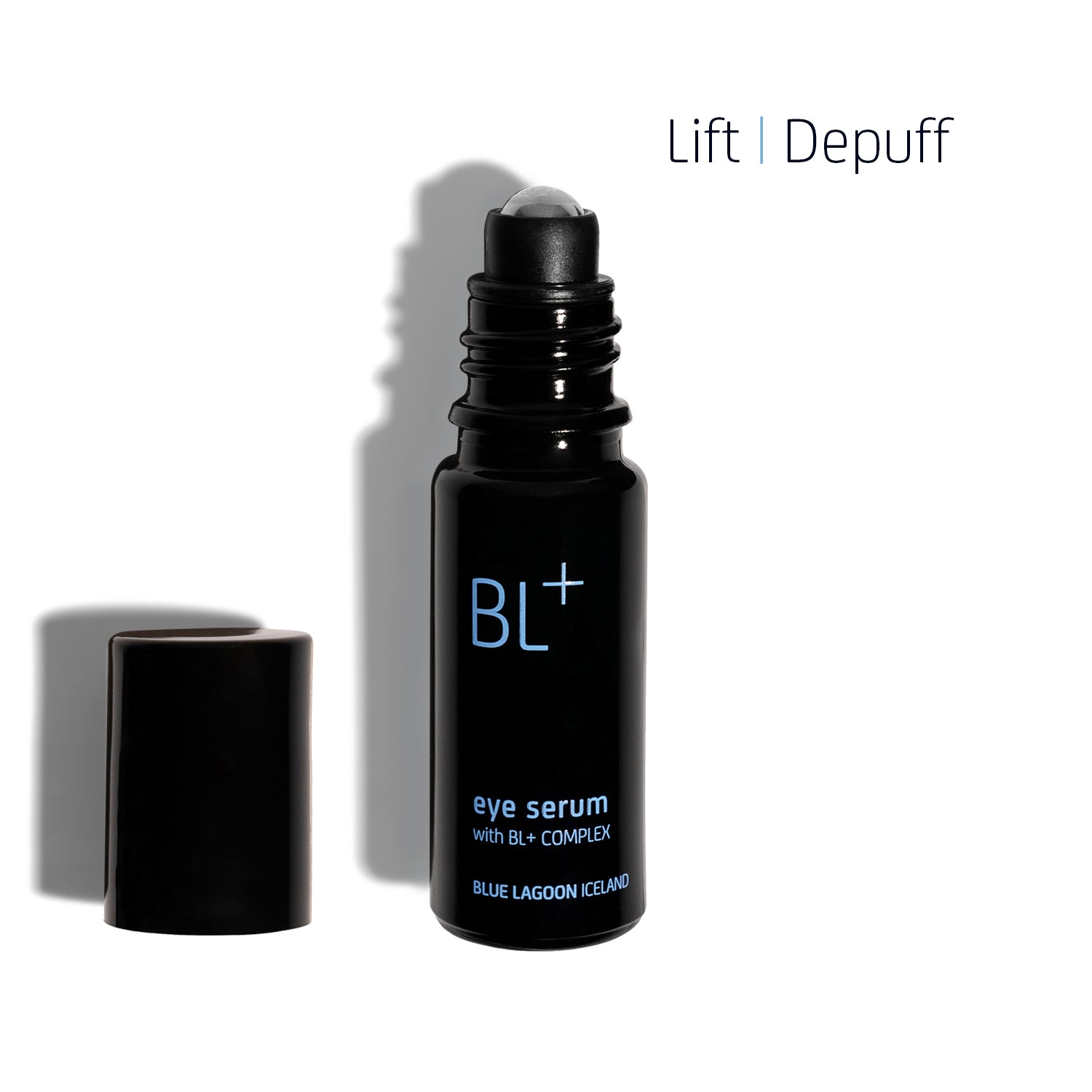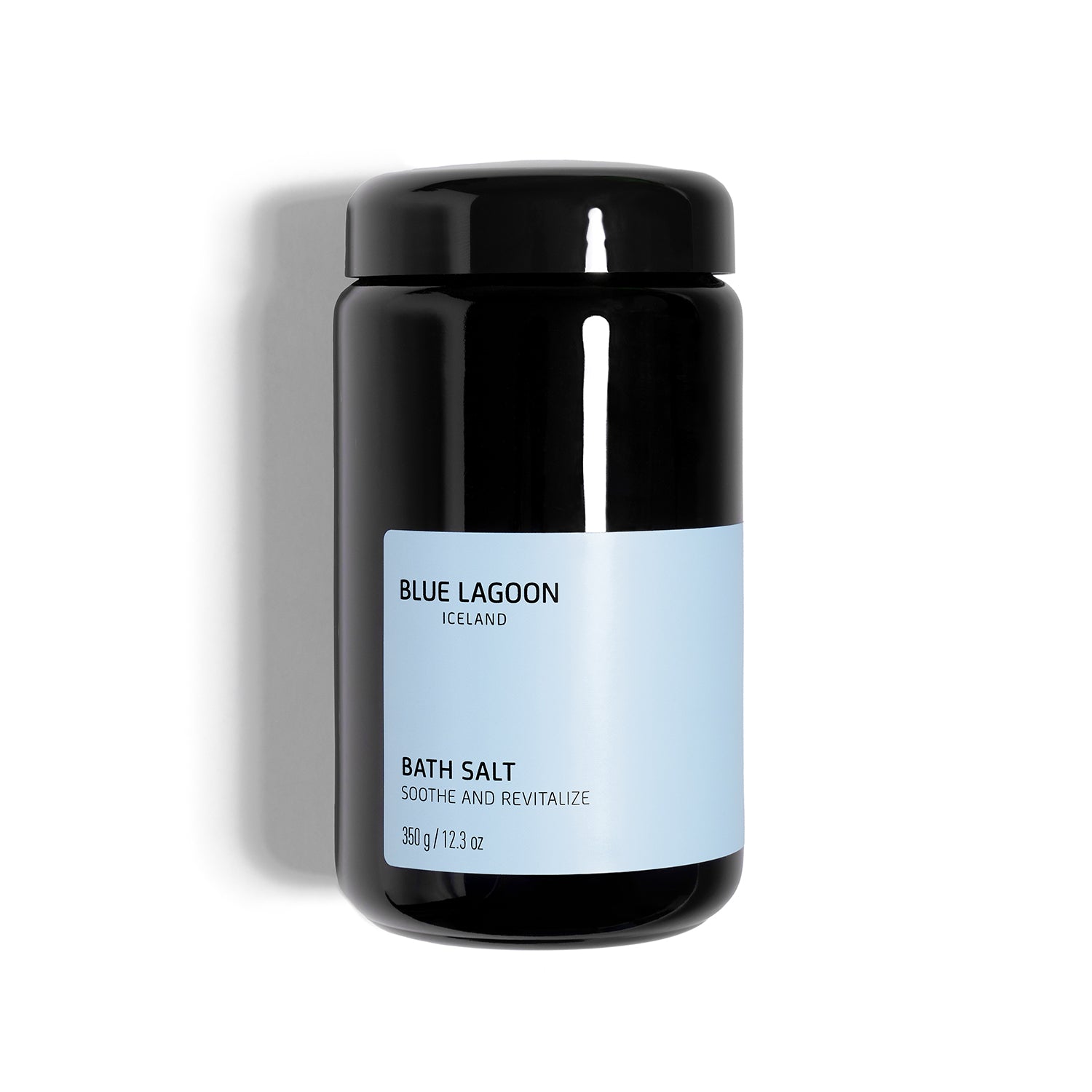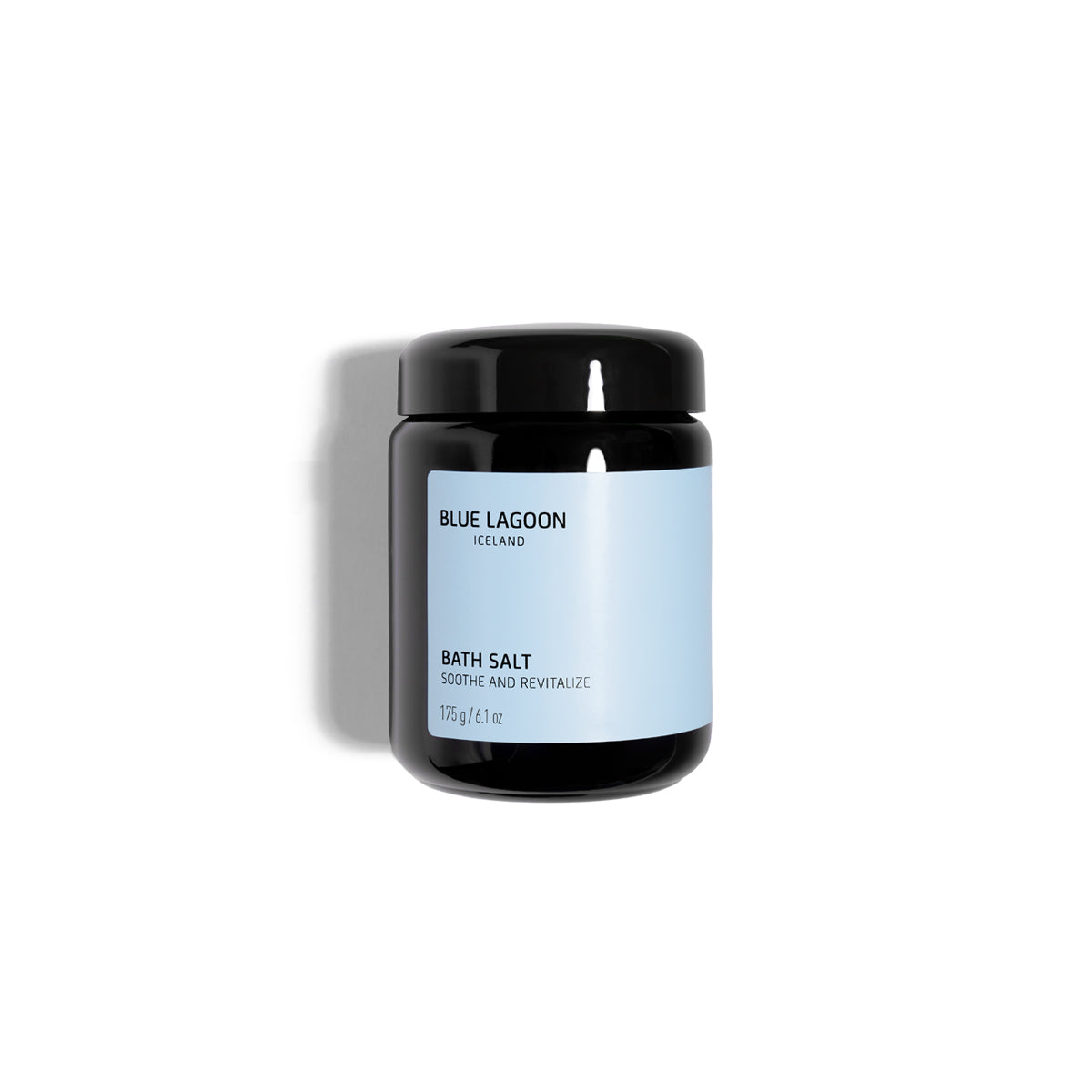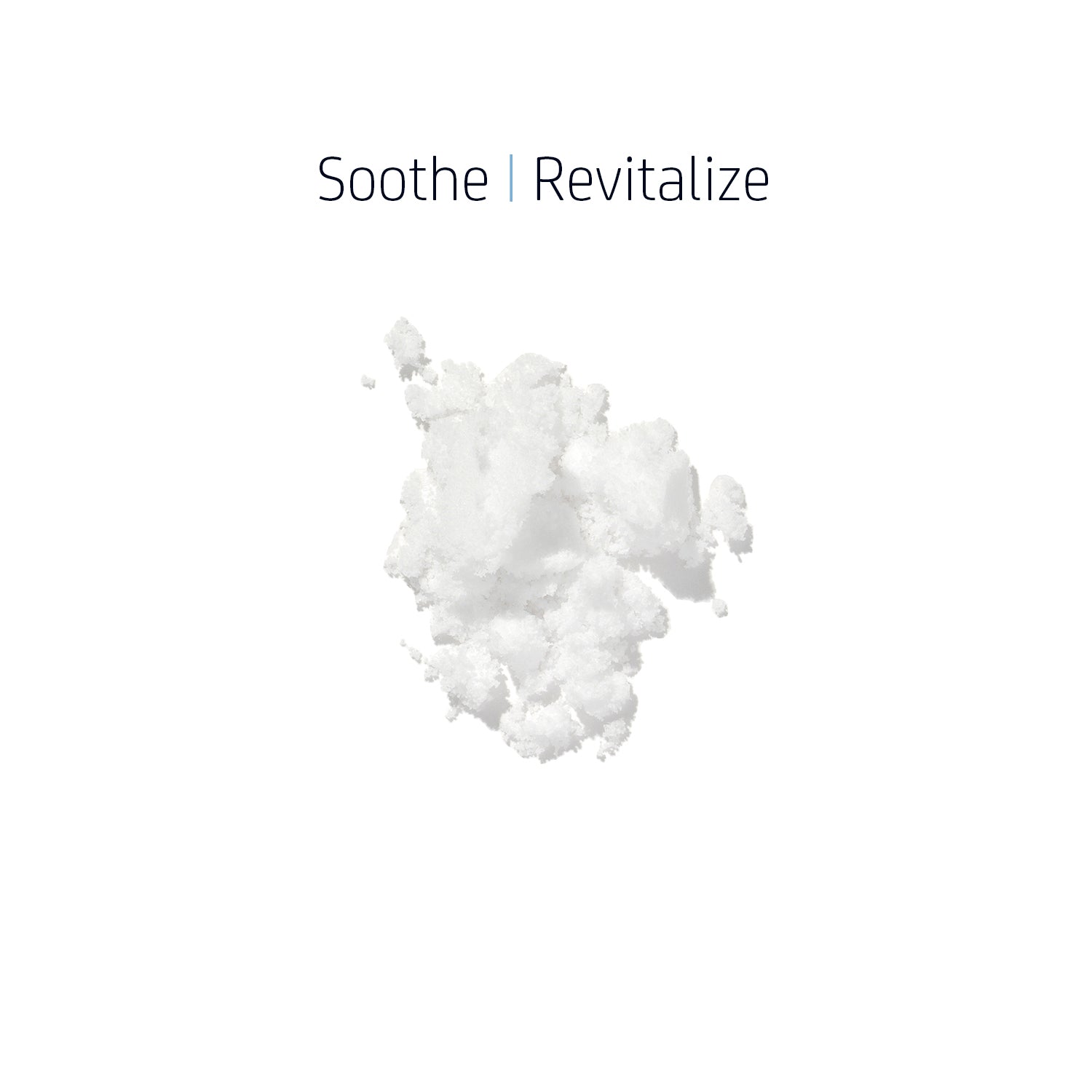Sensitive Skin
FAQ
What is sensitive skin?
People who have a sensitive skin type get irritations and redness easily. The easiest way to discern if you have sensitive skin is to see how it reacts to some of the most common external factors like soaps, fragrance and skincare products in general; if your skin easily becomes red, irritated or itchy you may have sensitive skin. Therefore, you must be mindful of which products you use and the ingredients they contain. If your skin requires a bit of extra care, it is also important to take a few extra steps in your skincare routine to ensure optimal skin health and avoid flare-ups.
What causes sensitive skin?
It is not easy to pinpoint the exact causes of sensitive skin : some people may just be prone to irritation and redness because their skin is sensitive to certain ingredients contained in mainstream skincare products. But, while this is not uncommon nor of general concern, sometimes sensitivity may be mistaken for dermatitis, which is a natural reaction of the skin to one or more allergens. Other times, in more extreme cases, sensitive skin may be a sign of an underlying skin condition like eczema, rosacea or even psoriasis. Whichever the case, it is always advisable to pay a visit to a board-certified dermatologist for a professional opinion and check-up.
Why is my skin overly sensitive?
Skin sensitivity is directly linked to the external layer of the epidermis, a lipid barrier commonly referred to as “the skin barrier”. The skin barrier has many important functions: among these, keeping moisture locked into the skin and keeping pollutants and other unwanted things out. When the skin is overly sensitive, the skin barrier can be damaged or thinned out, hence leaving the skin exposed and more vulnerable. If the skin barrier is not in optimal condition, it cannot properly retain hydration, thus leading to dry and dehydrated skin that is directly correlated to excessive sensitivity. Therefore, avoid using harsh, damaging products and always protect the skin from UV rays, as these are two of the main factors that can damage the lipid barrier.
How is sensitive skin treated?
The first thing to do when treating sensitive skin is figuring out what triggers your skin’s reaction and avoid it; this may be fragrance, acids, or any other kind of face product or soap. It is crucial to only use gentle products made with high quality ingredients, avoid chemicals and opt for natural formulas that will respect your skin’s pH levels and not disrupt the skin barrier. Another tip is to wash your face with lukewarm water, never hot, and always pat dry with a clean washcloth. Other ways to keep skin happy and healthy is to keep it protected from pollutants and UV rays by applying a broad-spectrum sunscreen daily.
